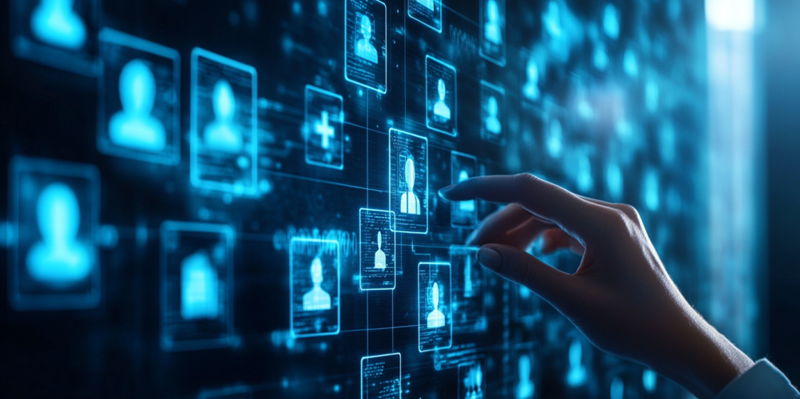In today’s rapidly changing business environment, digital transformation is emerging as a critical factor in the evolution of human resource (HR) management practices. Companies are increasingly integrating advanced technologies such as artificial intelligence (AI) and data analytics to streamline HR processes, enhance decision-making, and improve overall workforce outcomes. This shift is not merely about adopting new tools but reshaping the entire HR landscape to be more agile and resilient, capable of adapting to dynamic global job market conditions.
One of the most prominent trends in current HR practices is the heightened importance placed on employee experience. Organizations recognize that a positive employee experience is crucial for attracting and retaining top talent, driving engagement, and boosting productivity. As remote work becomes more commonplace, HR professionals are developing innovative strategies to manage remote teams effectively, ensuring that employees feel connected and valued despite physical distances. This includes leveraging digital communication platforms and fostering a strong organizational culture that prioritizes mental health and well-being.
Another significant trend is the increasing focus on diversity and inclusion within the workplace. Companies are not just acknowledging the ethical imperative of creating diverse working environments; they are also recognizing the tangible business benefits. Research consistently shows that diverse teams bring varied perspectives and ideas, leading to better problem-solving and innovation. As a result, HR departments are actively implementing policies and initiatives to promote inclusivity, from unbiased hiring practices to diversity training programs.
Skills development and continuous learning are also becoming integral components of modern HR strategies. With the rapid pace of technological advancements, the skills required for various job roles are constantly evolving. Companies must therefore invest in upskilling and reskilling their workforce to stay competitive. This involves providing employees with access to ongoing learning opportunities, such as online courses, workshops, and mentorship programs. By fostering a culture of continuous learning, organizations can ensure that their employees remain adaptable and equipped to meet future challenges.
Moreover, the integration of digital HR technologies plays a pivotal role in enhancing HR functions. AI tools can automate routine tasks, such as resume screening and employee onboarding, freeing up HR professionals to focus on more strategic activities. Data analytics can provide valuable insights into employee performance, engagement levels, and turnover rates, enabling HR teams to make data-driven decisions and implement effective interventions. These technologies not only improve efficiency but also contribute to a more personalized and responsive HR approach.
Overall, the dynamic landscape of HR practices reflects an ongoing transformation driven by digital tools, diversity initiatives, and a focus on employee development. Organizations that prioritize these areas are better positioned to navigate the complexities of the modern job market. By leveraging advanced technologies, fostering inclusive environments, and investing in continuous learning, companies can create a more agile and competitive workforce. This shift in HR practices signifies a move towards a more holistic and strategic approach, where employees’ needs and experiences are at the forefront of organizational success.
In conclusion, the article provided a comprehensive overview of the evolving HR landscape, emphasizing the importance of digital transformation, diversity, and continuous learning. HR professionals are adapting to new technologies and methodologies to create more resilient and inclusive workplaces. The trends discussed highlighted the critical areas where organizations must focus to remain competitive and agile in an ever-changing job market. Through these efforts, HR is set to play a crucial role in shaping the future of work.

